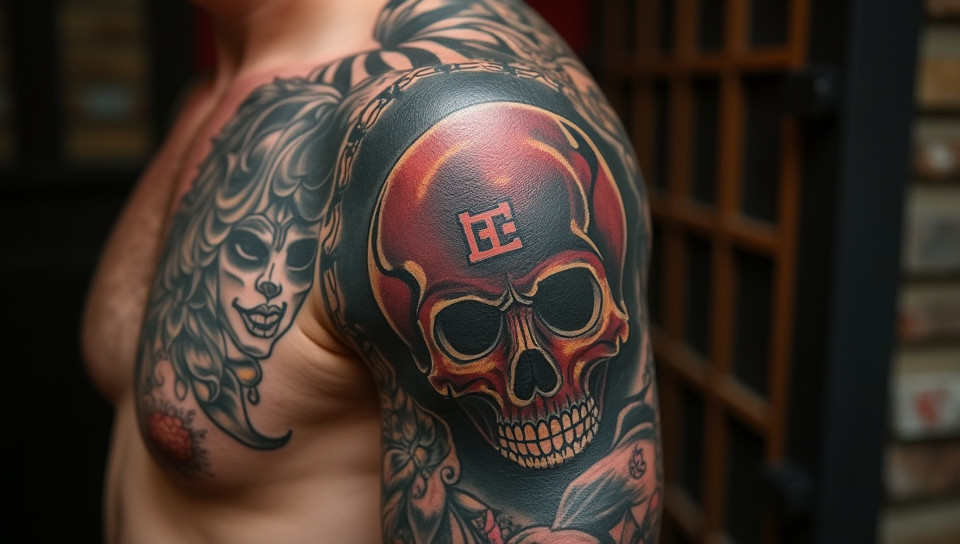Tattoos have been used for centuries in many cultures worldwide 90%

The Ancient Art of Tattooing: A Timeless Tradition
Tattoos have been an integral part of human culture for thousands of years, serving as a form of self-expression, identity, and spiritual connection. From the intricate designs of ancient Egypt to the vibrant patterns of modern-day Japan, tattoos have traversed time and geography, evolving into a global phenomenon that continues to captivate us today.
A Brief History of Tattoos
Tattooing has its roots in prehistoric times, with evidence of tattooed human remains dating back around 6000 years. In many ancient cultures, tattoos were used for spiritual and ceremonial purposes, such as to signify status, rank, or spiritual affiliation.
- Symbols and markings played a crucial role in conveying meaning, from the Celtic knotwork that adorned warriors' arms to the Maori tribal designs that represented ancestry and cultural heritage.
- Tattoos also served as a form of art, with skilled artisans using various techniques to create intricate patterns and images on skin.
The Evolution of Tattooing
As civilizations rose and fell, tattooing continued to evolve, influenced by trade, migration, and cultural exchange. In ancient Greece and Rome, tattoos were used to signify status and wealth, while in Polynesian cultures, they represented spiritual and tribal affiliations.
- Tattoos became a staple of the counterculture movement of the 1960s and 1970s, symbolizing rebellion and nonconformity.
- Today, tattooing has become a mainstream phenomenon, with millions of people around the world sporting tattoos as a form of self-expression and personal identity.
The Significance of Tattoos in Modern Culture
In an increasingly digital age, tattoos have taken on a new significance, serving as a tangible representation of individuality and creativity. Whether it's a small symbol on the wrist or a large-scale design on the back, tattoos have become a powerful form of self-expression, allowing individuals to convey their values, interests, and personality.
- Tattoos have also become a means of artistic expression, with tattoo artists pushing the boundaries of traditional techniques and styles.
- The rise of social media has further amplified the significance of tattoos, providing a platform for people to showcase their body art and connect with others who share similar passions and interests.
Conclusion
Tattoos have come a long way from their ancient origins, evolving into a global phenomenon that continues to captivate us today. As we move forward in this digital age, it's clear that tattoos will remain an integral part of human culture, serving as a powerful form of self-expression, identity, and creativity. Whether you're a seasoned tattoo enthusiast or just starting your body art journey, one thing is certain: the art of tattooing will continue to thrive for generations to come.
- Created by: Benjamin Kelly
- Created at: Sept. 7, 2024, 11:28 a.m.
- ID: 8729

